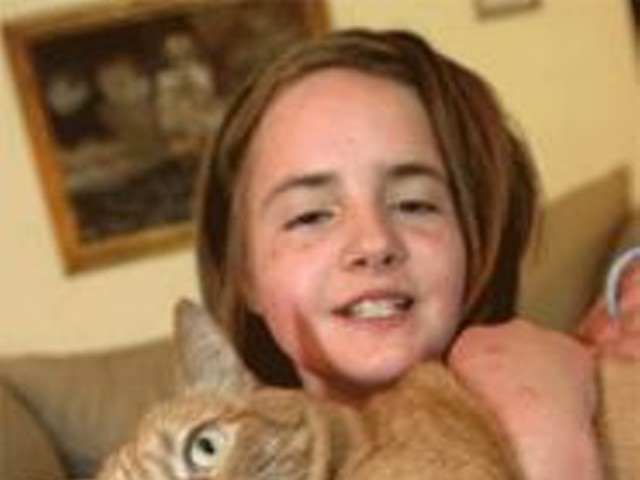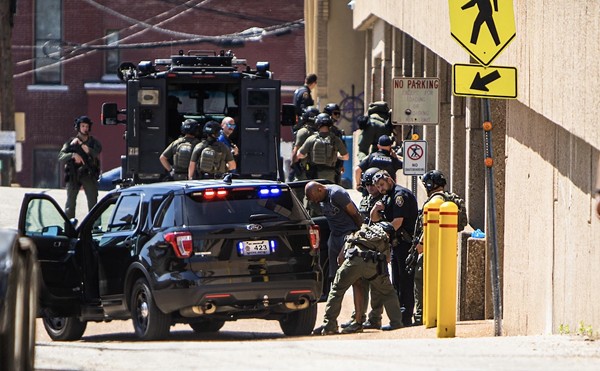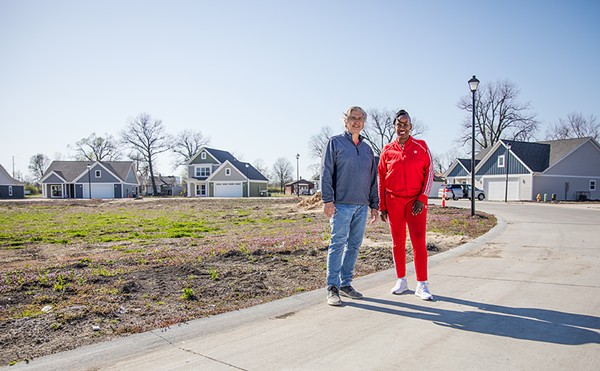Roger Clemens, Houston, Texas
That book was brought to my attention, and I did read a review of it. I'm glad Maraniss couldn't find anyone more deserving than Clemente to write about. However, the title "Baseball's Last Hero" seems to favor Jackie Robinson. And devoid of Clemente's Latin ties, it makes a pretty good case. Robinson, armed with all the necessary tools but whiteness, experienced a bit of everything.
Imagine a book titled Baseball's Last Two Heroes, about Branch Rickey and Jackie Robinson, who together changed the course of America's baseball history. Rickey's idea of hiring Robinson as both a baseball player and a person to turn the other cheek exposed the deep-seated hatred of blacks as displayed by many whites. Robinson, in successfully carrying out this plan, not only opened baseball's doors for all black Americans but also for other players of color, including Roberto Clemente. Better than a decade later, this same psychology was employed by Martin Luther King Jr., and the world witnessed the hatred. Sadly it was still there, shown by the cruel treatment of Hank Aaron in pursuit of Babe Ruth's home run record of 714 (and more recently, with Barry Bonds). Stress of this nature was a prime factor in Robinson's early death.
Hey Joe: On this recently concluded season of America's Next Top Model, Tyra Banks kept nagging the eventual winner about how she'd have to essentially whiten up her country-negro accent in order to reach the top of her profession. What do you think of Ms. Banks' advice? Is this an example of selling out, realism or black-on-black racism?
Kate Moss, London, England
Obviously, Tyra Banks has never heard of the late great black comedian Jackie "Moms" Mabley. Moms told this story about a black dude who purchased a bus ticket to Mississippi. While he sat in the bus station waiting for the bus to leave, he spotted a scale and decided to find out how much he weighed. He went over, stepped up on the scale, put a penny in the slot and the scale said "You're a negro. Your height is 5 feet, 9 inches. Your weight is 168 pounds and you're on your way to Mississippi." So the black dude stepped off of the scale, scratched his head and said, "Wait a minute. This scale got no business knowing all this about me."
Right by the scale an Indian wrapped all in a blanket was asleep. The black dude decided to go over, give him some change to use his blanket. After he got the blanket, he wrapped himself up in it from head to toe. Nothing was out but his eyes. And he stepped back up on the scale, put his penny in the slot and the scale said, "You're still a negro. Your height is 5 feet, 9 inches. Your weight is 170. And you would have caught your bus to Mississippi had you not been fooling with that damn Indian." I've always thought that was very comical.
The young lady who preferred to keep the reality about who she was must have felt the same way about expressing herself as Moms Mabley did — long before she entered the modeling profession and before even hearing about Mabley herself.
Prince Joe Henry, one of professional baseball's original "clowns," was
an all-star infielder for Negro League baseball teams in Memphis,
Indianapolis and Detroit throughout the 1950s. But up until the late 1940s,
Prince Joe didn't know anything about the Negro Leagues. His knowledge of
organized baseball was limited to the Cardinals and Browns games he attended
during his preteen years at Sportsman's Park, accompanied by lifelong buddy
Eugene "Gene" Crittendon, who could pass for white.
Perhaps Henry's most vivid memory of those games: Upon entry, white ushers would politely escort the boys to a small section of the left-field stands reserved for "Colored." After climbing past several tiers of bleachers, they'd arrive at their stop, rows and rows behind their white counterparts.
Even at a young age, the boys were conscious of the double standard -- and determined to vent their disdain. The opportunity would arise with the urge to urinate. Rather than head for the latrine, the boys would edge their way to the front of the section and let fly. As the liquid foamed its way down the concrete steps toward the white kids, Henry and his pal would ease back and relax, politely rooting for the visiting team to beat the hell out of the Browns or the Cards.
After all, Henry and Crittendon hailed from Brooklyn, Illinois, a small, predominantly black township just east of the Mississippi River. So hospitable were the residents of Brooklyn that they were known to take in a rank stranger, treat him to breakfast, lunch, supper and a night out on the town -- and afterward, if he messed up, treat him to a good ass-whippin'.
Direct questions on any and all topics to [email protected]. If we don't like yours, we'll hit Joe with our own.





